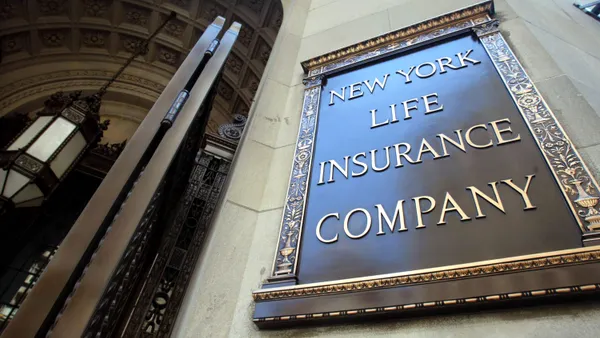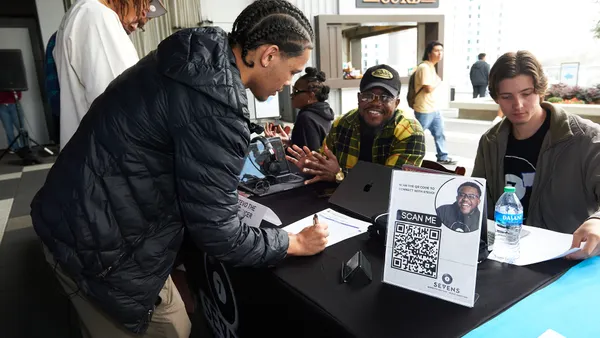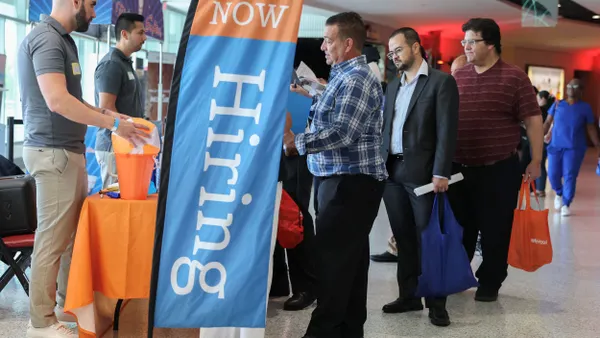Artificial intelligence tools can provide about 90% of daily career coaching needs, but human expertise is still needed for discussions with emotionally charged, political or values-based topics, according to an Oct. 22 report from The Conference Board.
AI coaching could make it possible for every worker to have a coach, the report found. At the same time, AI tools can pose significant security and privacy risks when sensitive personal data isn’t handled correctly.
“AI coaching presents a pivotal opportunity for organizations to extend development to every worker,” Allan Schweyer, principal researcher of human capital at The Conference Board, said in a statement. “When used thoughtfully, it can democratize growth, magnify human coaches’ impact and transform how companies build leadership capability.”
As more companies integrate AI tools, half of C-suite executives and 38% of workers say they’d prefer AI managers over humans, according to a CalypsoAI survey. Although opinions vary by industry, nearly half of workers said they trust AI more than their co-workers.
In surveys by The Conference Board, 96% of workers said AI provides customized coaching, including responses that were tailored to their goals. In addition, 90% said AI coaching was easy to use, 89% received specific and useful next steps, and 91% said they’d use AI coaching again.
Workers said AI coaching can help in several ways, such as defining goals, practicing difficult conversations, encouraging critical thinking and providing actionable feedback.
However, AI coaching had several weaknesses, including scripted language, limited spontaneity, a lack of personal connection and inconsistent contextual memory, the report found.
Notably, 40% of learning and development leaders worry that AI could replace their roles, particularly in retail, education and technology, according to a LearnUpon report. However, research supported the rising influence of L&D in the workplace, reflecting a period of transition in the profession.
Rather than replace humans, AI can help coaches automate administrative tasks, identify behavioral and cognitive patterns, bridge gaps between sessions and detect gaps at the organizational level, The Conference Board said.
HR pros, in particular, could adopt a blended model that integrates AI and human coaching, the report found. For instance, managers and upskilling coaches could use AI insights to boost their coaching conversations. In addition, CHROs could build psychological safety and transparency around AI data use and confidentiality, as well as establish criteria to escalate conversations to a human coach, particularly those with emotional distress or critical career decisions.
More broadly, CHROs can also take a more active role in AI transformation and digital security at their organization, according to a Gartner report. Most CHROs don’t have strong digital awareness and are struggling to influence digital transformation, a Gartner analyst said.














